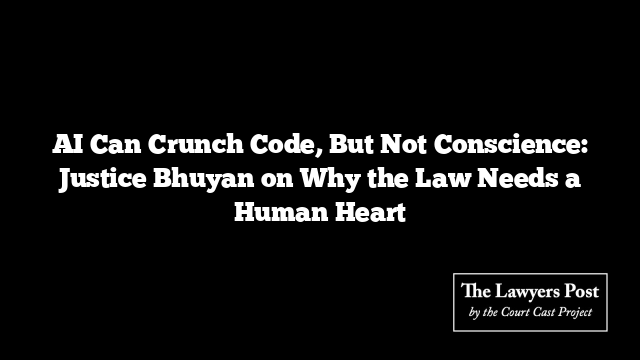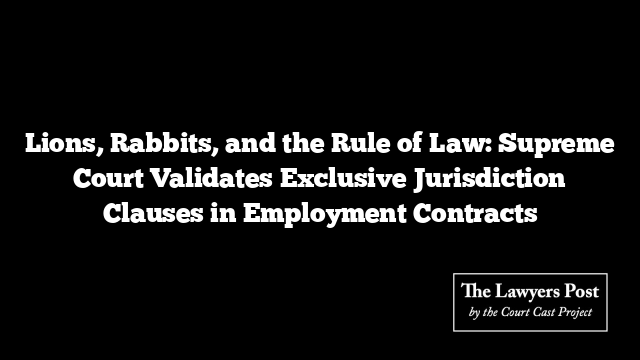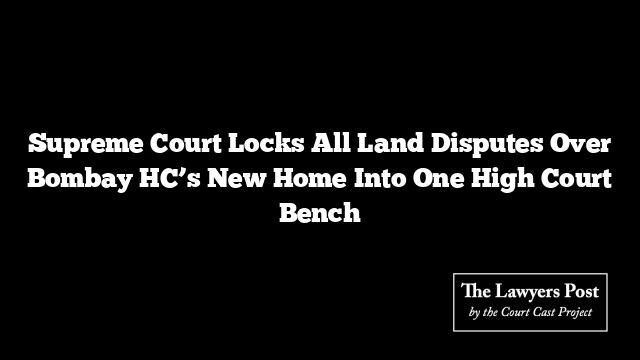In a sharp rebuke to the fantasy of robo-judges doling out courtroom verdicts, Supreme Court Justice Ujjal Bhuyan declared that the soul of justice cannot be outsourced to algorithms. Speaking at a national symposium on artificial intelligence hosted by Maharashtra National Law University, Mumbai, Justice Bhuyan didn’t mince words: “Judges and lawyers cannot be driven by AI in 95 per cent of cases.”
He posed the question rhetorically—Can AI give justice?—then answered with unwavering clarity: not when human dignity is at stake. “When we are dealing with natural persons, the dignity of humans is paramount and must be respected. Individual autonomy must be protected,” he said.
The event, titled AI: Privacy, Security and IPR, brought together legal minds and policy thinkers to grapple with the tidal shift AI is triggering across every sector, law included. Justice Bhuyan zeroed in on the fragile intersection of technology and human rights, especially privacy. “Privacy is not an isolated idea—it lives and breathes within a rights-based legal framework,” he noted, invoking the old English maxim: every man’s house is his castle.
Digging deeper, he drew upon Justice Rohinton Nariman’s reflections and Gary Bostwick’s framing of privacy in three parts: protection from bodily intrusion, safeguarding of personal data, and the freedom to make core life decisions without interference. That triad, he warned, is under siege—not just from governments, but from the private sector and tech systems that relentlessly mine our lives.
Bhuyan also took the audience on a journey through landmark privacy rulings—from MP Sharma to Puttaswamy—underscoring how deeply entwined the right to privacy is with the very fabric of Indian constitutionalism.
But he didn’t paint it as a one-sided affair. “The right to know is equally vital,” he added, framing it as a democratic counterbalance. “India is a liberal democracy governed by law, where privacy must be protected, but the public’s right to know also cannot be disregarded. It is a potent weapon in the hands of citizens.”
On intellectual property, the discussion turned philosophical. He echoed former Chief Justice AS Anand’s words from 1997: “Unlike physical property, IP cannot be easily secured in a deposit box or bank vault.” That vulnerability, Justice Bhuyan stressed, becomes even more precarious in an AI-dominated world. As machines increasingly generate content, art, inventions, and even legal drafts, the question of ownership and protection becomes thornier by the day.
The bottom line? AI might automate tasks, but justice demands discernment—something no neural net or chatbot can replicate.





